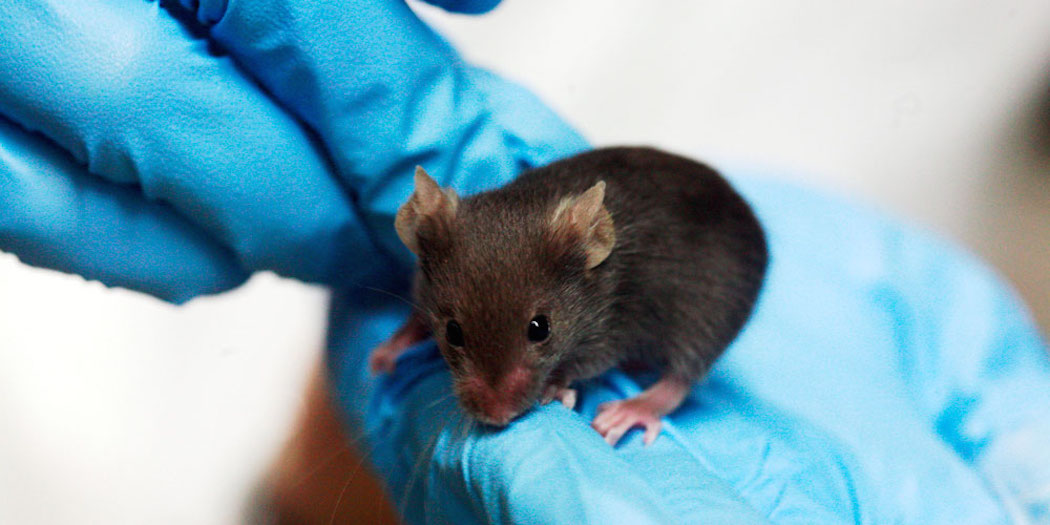
Extended Life
Researchers from the Mayo Clinic have discovered a new way to extend the natural lifespan of mice through genetic engineering. The study is still in the very early stages, but one day, this breakthrough could potentially be a way to fight physical aging in humans.
Published in the medical journal Nature, cell biologists Darren Baker and Jan van Deursen have found that systematically removing a category of living, stagnant cells can extend the life of mice by 25 percent.
Scouring these cells will push the process of of aging back, slowing the onset of various age related diseases such as heart and kidney deterioration, cataracts, and even the incidence of tumor formation.
In the paper, the team asserts that certain kinds of cells contribute to many of the ailments that we associate with aging and age related diseases. Ultimately, by removing these cells, health ultimately improves and life extends. They write, “our data best fit a model in which p16Ink4a+ cells act to shorten healthy lifespan by promoting tumour progression and age-dependent changes that functionally impair certain tissues and organs, including vital organs such as kidney and heart.”
The key to this work, according to the team, is that the mice are not just living longer. They also stay healthy.
“It’s not just that we’re making these mice live longer; they’re actually stay healthier longer too. That’s important, because if you were going to equate this to people, well, you don’t want to just extend the years of life that people are miserable or hospitalized,” says Baker.
Senescent Cells
The key to this study are the senescent cells, an otherwise normal cell that has stopped reproducing.
These cells are present in the human body and have long been associated with aging. “…for example, in mice or people or monkeys, you find an accumulations of these senescent cells over time and with age. And at sites of age-related disease, like osteoporosis, you’ll also find these cells,” Baker asserts.
Using modern techniques in genetic engineering, scientists were able to determine that the effect of senescent cells are negative, shortening total lifespan and speeding up age related illnesses.
This breakthrough is the product of a seven year study, where they discovered that senescent cells secrete a tumor-suppressing protein called p16 (p16Ink4a). Scientists thus rewrite a small part of the mouse’s genetic code that could produce the protein caspase when they begin secreting p16—this acts as a kill-switch, which prompts that cell to die.
The result?
The experiment, which used middle-aged mice, effectively wiped the mice clean of senescent cells, leading to the aforementioned 25 percent increase in the lifespan of the mice.
The experiment, however, is far from perfect. There were some senescent cells that survived in the mice’s colon and liver and there was an obvious downside: Wounds also seemed to heal slower. This is because senescent cells play a big part in the body’s healing and scar tissue formation.
So this treatment may not be coming to humans anytime in the near future (we can’t even legally modify embryos to be brought to term yet); however, the work is promising, and further research could very well lead to a viable way to slow the aging process.